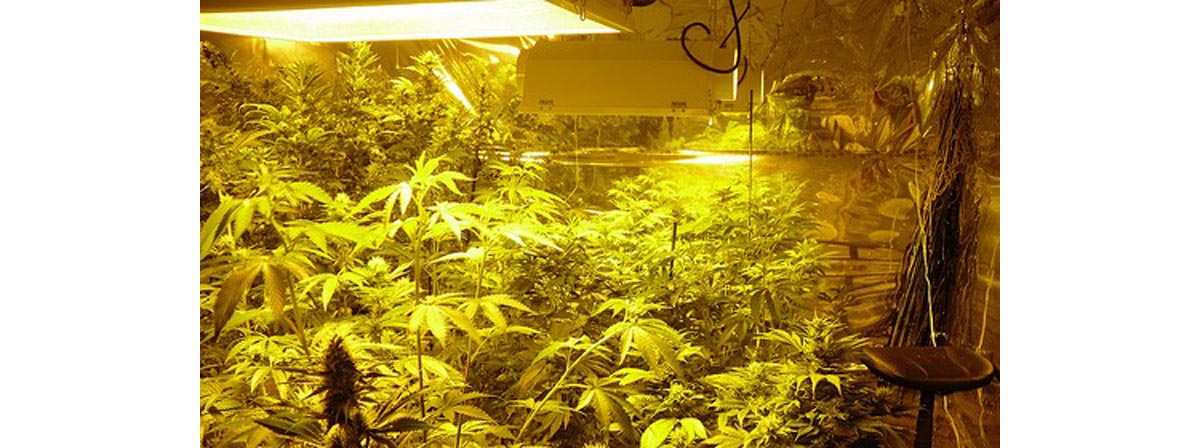Table of Contents
There is little doubt that the treatment of medical marijuana users in Canada is quite different from their treatment in most of the United States. In April of 2013, for example, university student Lisa Korkman, studying at SAIT Polytechnic in Calgary, announced a public campaign to force the university to build her a "marijuana room" where she could use medical marijuana hourly, even during classes.

In 2012, Greenline Academy operated a series of sold-out training classes for want-to-be medical marijuana entrepreneurs on the legalities of selling marijuana in Canada and cold-climate growing techniques. And although just 500 Canadians had prescriptions for medical marijuana by the end of 2001, the first year medical pot was legal in the country, over 60 times as many had licenses by the beginning of 2013.
Not every Canadian is in favor of the growing of medical marijuana. Some have concerns on the lines of "there goes the neighborhood." Home pot growing is feared to lower property values, invite burglary and organized crime, and to expose neighborhood children to issues their parents are not ready to discuss. And municipalities across Canada found difficulties reconciling the rights of their citizens to medical marijuana with zoning ordinances that keep drugs away from minors and jails.
So the federal government decided that the solution to these issues was to ban home pot growing entirely. The Ministry of Health would have no objection to the sale of medical marijuana by pharmacies, but the pharmacies do not want to expose themselves to crime, especially burglary. And while a high-profile Canadian Appeals Court ruling found that there was only "anecdotal" evidence that Canadian doctors made it very difficult to get a prescription for pot, and that a lower court could not determine a medical necessity for marijuana absent a doctor's recommendation.
What does this mean for Canadians who use medical marijuana?
At the very least any further investment in facilities to grow your own pot seems like a bad idea. It may even be necessary to throw away growing materials you already have.
And it is highly unlikely you will be able to pop down to the local pharmacy to get your prescription weed. For a variety of reasons, they don't want to carry it.
So what is a medicinal pot smoker to do? Ironically, as once the answer for American marijuana refugees was to go north, the answer for Canadians may be to go south, but only to the US states of Washington (which is adjacent to British Columbia and Alberta) or Colorado, where there is no local or state enforcement of marijuana laws. Be forewarned, however, that the US federal government still prohibits the use of pot, and any scheme to take pot home for your personal use and especially to sell it to others is perilous. Aside from this option, it may be necessary to wait for changes in the government or changes in law.
- Gray C. Legalize use of marijuana for medical purposes, MDs and patients plead. CMAJ. 1998 Feb 10.158(3):373-5. Review.
- Roffman RA. Legalization of marijuana: unraveling quandaries for the addiction professional. Front Psychiatry. 2013 May 31. 4:50. doi: 10.3389/fpsyt.2013.00050. Print 2013. No abstract available. PMID: 23755025 [PubMed].
- Photo courtesy of Neon Tommy by Flickr : www.flickr.com/photos/neontommy/6221605580/
- Photo courtesy of Neon Tommy by Flickr : www.flickr.com/photos/neontommy/6221084001/

